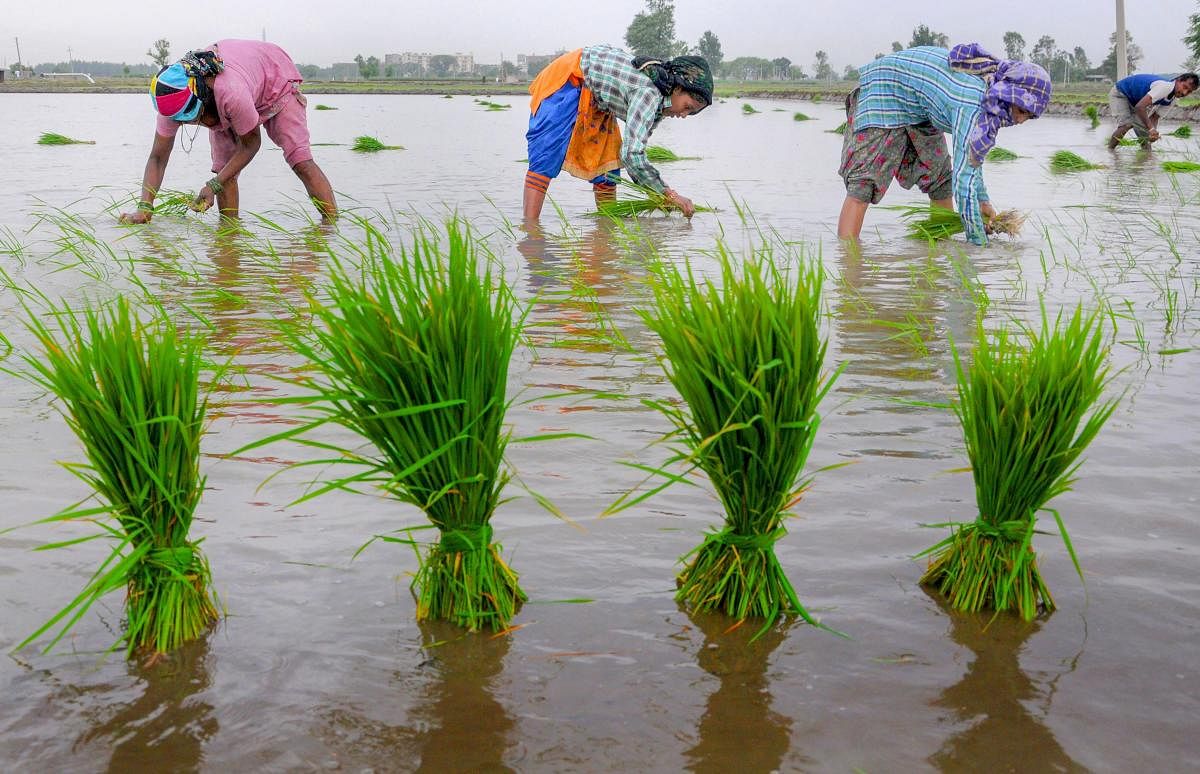
The latest report by the UN Intergovernmental Panel on Climate Change (IPCC), released in Geneva last week, has underlined the critical connection between global warming and food supply. It has recommended a change in land use, agricultural practices and human diet as necessary steps to reduce greenhouse gas (GHG) emissions. The report has argued that attempts to address climate change by cutting vehicular and industrial emissions from cars, factories, power plants, etc., will fail to meet the challenge unless there is a radical change in the way the world manages land and produces and consumes food. About 72% of the planet’s ice-free surface is now used to feed, clothe and support the human population. But agriculture, forestry and other forms of land use contribute to about a quarter of GHG emissions. So, there is an obvious conflict between food production on the one hand and stable and sustainable climate and environment on the other.
The report is backed by scientific data, and it observes that rapid expansion of agriculture and population increase in the last few centuries, which were mutually causative, have led to destruction of forests, wetlands, grasslands and other ecosystems. Soil erosion is 10 to 100 times more than soil formation. Land degradation and erosion reduce its productivity “restricting what can be grown and reducing the soil’s ability to absorb carbon’’. This exacerbates climate change, which in turn aggravates land degradation. Agriculture and activities like cattle-rearing produce a lot of methane and nitrous oxide which are more harmful than carbon dioxide. The livestock industry poses a double threat: it replaces forests which absorb carbon dioxide with land for grazing and crops for cattle feed. The report makes a case for dietary changes which will focus on "balanced diets, featuring plant-based foods”. This may sound like an endorsement of vegetarianism, but the IPCC has clarified that it does not recommend people’s diets. The report does not ask the world to eschew meat altogether, but has made it clear that "animal-sourced food produced in resilient, sustainable and low greenhouse gas emission systems," is also balanced diet, along with "coarse grains, legumes, fruits, vegetables, nuts and seeds”.
The report should give important inputs to forthcoming climate change meetings with different themes in Delhi and Santiago, Chile, later this year. Less meat and more vegetables and fruits will certainly do much good to climate and help the world feed its burgeoning population, but it should not lead to glorification of a vegetarian-only diet. The report, another wake-up call for the world, should lead to a balanced debate and action on agriculture.